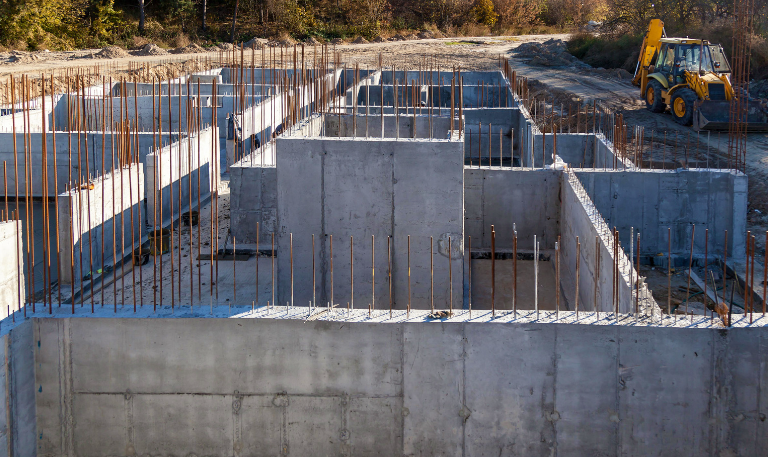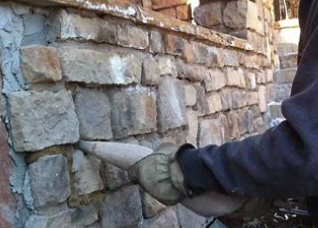5 Tips On How To Clean Brick Masonry
Brick masonry, valued for its durability, timeless aesthetic, and versatility, has been integral to construction for centuries. Over time, bricks can gather dirt, grime, mold, and other substances due to exposure to the elements and environmental factors. To maintain the integrity and appearance of these structures, it’s essential to know how to clean brick properly and to perform regular maintenance.
Understanding the Importance of Cleaning Brick Masonry
Before diving into the cleaning process, it’s crucial to understand why cleaning brick masonry is essential. Over time, exposure to environmental elements, such as dirt, pollution, mold, mildew, and algae, can cause brick surfaces to become discolored and unsightly. Regular cleaning not only restores the appearance of brick but also helps prolong its lifespan by preventing deterioration and potential damage.
Assessing the Condition of the Brick Surface
Before embarking on the cleaning process, it’s essential to assess the condition of the brick masonry. Take note of any areas that are heavily stained, discolored, or covered in algae or mold. Additionally, inspect the mortar joints for signs of deterioration, such as crumbling or cracking. This assessment will help determine the appropriate cleaning method and any additional repairs or maintenance that may be needed.
Choosing the Right Cleaning Solution
There are several methods available for cleaning brick masonry, each suited to different types of stains and contaminants. Some common cleaning methods include pressure washing, chemical cleaning, and manual scrubbing. It’s essential to choose the right cleaning method based on the condition of the brick and the type of stains present. For example, pressure washing is effective for removing surface dirt and grime but may not be suitable for removing ingrained stains or mold.
Preparation and Safety Measures
Before starting the cleaning process, take necessary safety precautions and prepare the area. Wear appropriate protective gear, such as gloves and safety goggles, to shield yourself from cleaning solutions and debris. Additionally, cover nearby vegetation and landscaping to prevent damage from cleaning chemicals or runoff.
Testing the Cleaning Solution
Before applying the cleaning solution to the entire brick surface, perform a patch test in an inconspicuous area. This allows you to assess the effectiveness of the cleaner and ensure it doesn’t cause any adverse reactions or damage to the brick. Wait for the test area to dry completely and inspect the results before proceeding.
Post-Cleaning Care and Maintenance
After cleaning brick masonry, it’s essential to allow the surface to dry completely before assessing the results. Inspect the cleaned area for any remaining stains or residues and repeat the cleaning process if necessary. Once satisfied with the results, consider applying a brick sealer or waterproofing agent to protect the surface and prolong its cleanliness.
Cleaning brick masonry is a vital aspect of property maintenance, ensuring that brick structures remain attractive, durable, and structurally sound over time. By following the tips and techniques outlined in this guide and implementing preventive measures, property owners can effectively clean and preserve their brick surfaces for generations to come. Remember to assess the specific cleaning needs of your brick masonry, choose the appropriate cleaning method, and prioritize regular maintenance to enjoy the lasting beauty and functionality of your property’s exterior.

Masonry SalesEzzard Brice
Latest News

4 Ways To Reinforce Concrete
Concrete is one of the most fundamental materials used in construction. If you’re working on a domestic project or a […]

The Environmental Benefits Of Using Ready-Mix Concrete
The construction industry is changing quickly to meet the growing demand for sustainability and eco-friendly practices. One of the most […]

6 Essential Tips For Grouting Stone Veneer
Grouting stone veneer is an important step in the installation process that can significantly impact the overall look and durability […]

Should You Fill Hollow Concrete Blocks?
Hollow concrete blocks are widely used in construction due to their strength, versatility, and lighter weight compared to solid blocks. […]
